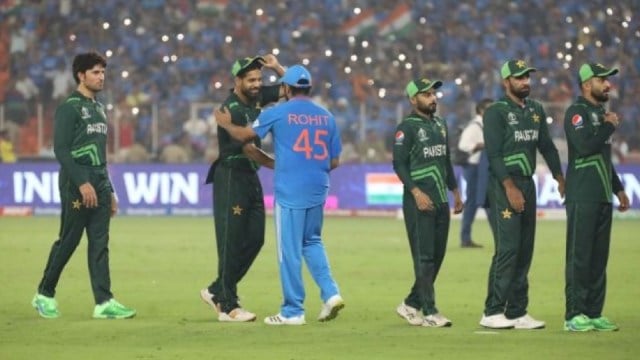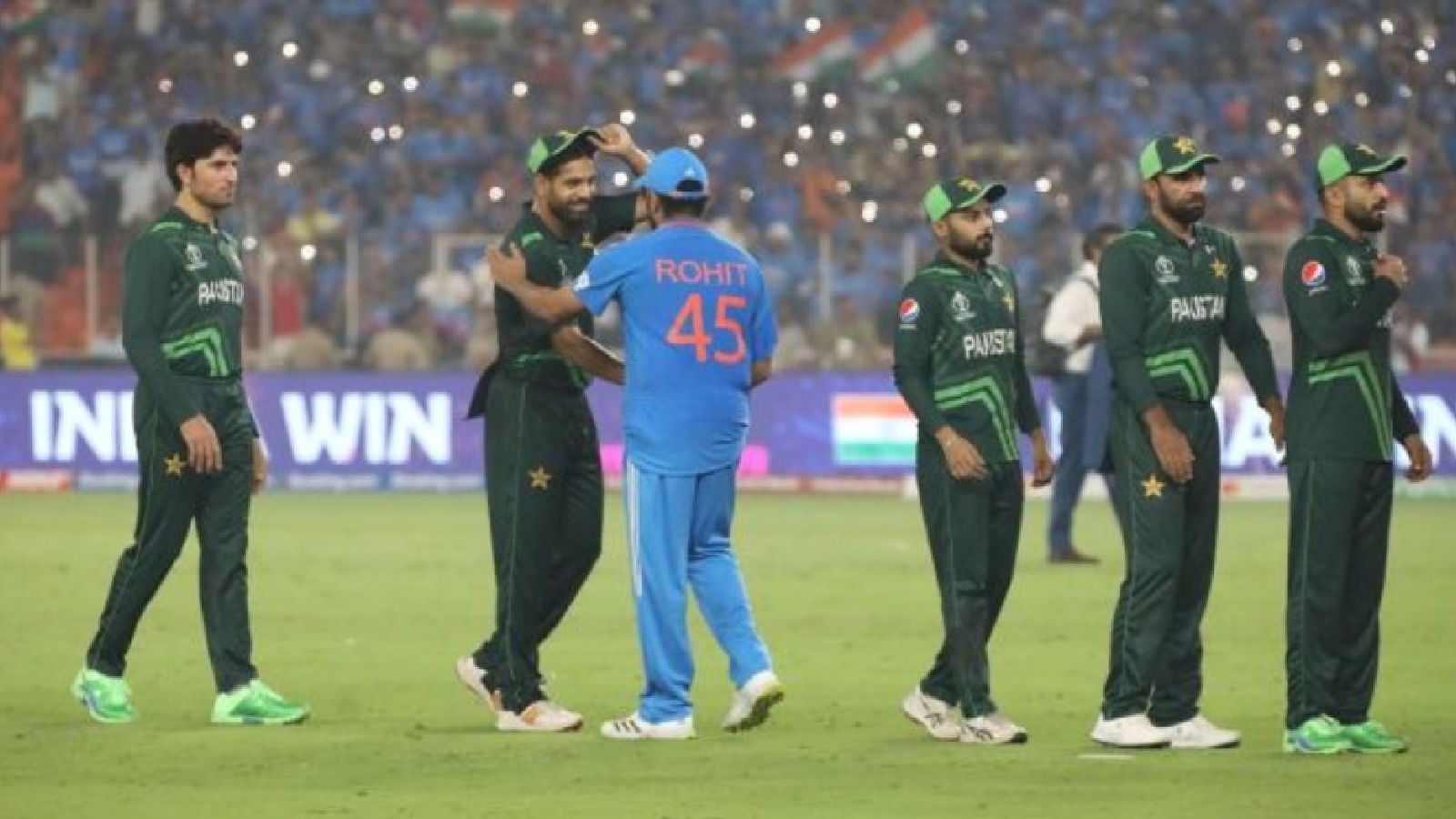
I have never been directly involved with the complexities of India-Pakistan relations. But I have followed its twists and turns and have always hoped for a redemptive initiative that might alter the course of our two countries’ sclerotic past. My hopes have been conditioned by family and friends. I was, therefore, pleased to read about the visit of our Minister of External Affairs to Islamabad to attend the meeting of the Shanghai Cooperation Organisation and to see pictures of him with his Pakistani counterpart and his handshake with the Pakistan PM. I was particularly happy to note the speculation that the Indian cricket team might participate in the Champions Trophy in Lahore in February next year.
I have had a long-standing relationship with Pakistan, indirectly through the lens of my grandfather and father and directly through friends and a brief professional tenure. The learnings from these vignettes are the reason I have not accepted the argument that the differences between our two countries are irreconcilably wide and that efforts to bridge them would be exercises in futility. My grandfather, Mohan Singh Mehta, was India’s High Commissioner to Pakistan for nearly five years in the 1950s. Over long walks, he shared anecdotes of how he and his Pakistani interlocutors navigated the crosscurrents of official distance and personal proximity. Several like Shah Nawaz Bhutto (father and grandfather of Pakistan Prime Ministers Zulfikar and Benazir Bhutto) were acquaintances from pre-Partition India. Bhutto and my grandfather were both diwans (ministers) of princely states and used to meet under the auspices of the Chamber of Princes. None of his anecdotes were built around the searing tragedies that followed Partition. All were related to his efforts to leverage the logic of geography and the commonalities of civilisation, history and culture to normalise relations.
My father, Jagat Singh Mehta, offered more tangibly positive anecdotes. One in particular has contemporary relevance. Soon after his appointment as foreign secretary in 1976, he led a delegation to Islamabad to restore ambassadorial ties. Diplomatic relations had been downgraded to the level of charge d’affairs after the Bangladesh war. On arrival, he surprised newsmen with the remark that the real reason for his visit to Pakistan was to meet and salute his former commanding officer, Lt Hamidullah Burki. Burki was his immediate senior on the naval ship on which both served during the war. This public reference by an Indian foreign secretary to a relationship with a Pakistani national made front-page news the following day. More significantly, it helped bring negotiations to a successful close. Burki was a close confidante of Zulfikar Ali Bhutto and the “back channel” so created was one factor in overcoming the blockers to the finalisation of the agreement. The immediate outcome was the upgradation of diplomatic relations and the resumption of overfly rights for civilian aircraft. The result was the lowering of political temperatures that then contributed to ending the hijacking incident of an Indian Airlines aircraft to Lahore in August 1976 without loss of life or aircraft. It also expedited the conclusion of the long-pending talks on the Salal hydroelectric project which subsequently added about 700MW of electricity to the North Indian electricity grid.
My personal association with Pakistan has been at two levels. At the personal level, I was a university classmate and friend of Benazir Bhutto and Imran Khan. At the professional level, I was on the Board of Pakistan Burmah Shell (PBS), the largest private sector oil/gas company in Pakistan for two years. My nationality did cause disquiet initially. But once I joined, nationality became my greatest asset. I was socially feted more so than any of the other London-based directors and it never intruded into my fiduciary responsibilities.
This backdrop is the reason I am hopeful that India will participate in the Championship trophy. I do not know whether there is substance to this speculation or indeed the politics behind any such initiative. But I do know that if there is any one “non official” force that could alter the patterns of behaviour that have locked our two countries into a rut of mutual suspicion, paranoia and conflict, it is cricket. I have been witness to the strength of this force.
In the anecdotal spirit of this article, let me share one experience. In August 2018, I was one of two Indians who attended Imran Khan’s investiture as PM of Pakistan. The cricketer /politician Navjot Siddhu was the other. Imran had also invited members of the Pakistan cricket team that had won the World Cup in 1992 under his captaincy. A couple of hours after he was sworn in, all of us private guests gathered in the ante room of the PM’s office. Imran had invited us to meet him and we were waiting for him to arrive. None of the Pakistanis knew who I was and no one particularly cared. And just as well. For my anonymity allowed me to observe uninterrupted a bunch of retired household heroes engage in joyful remembrance of their playing days with Sidhu in convivial reflection of their rivalry on the pitch and of friendships forged off it. It was an extraordinary conflation of emotions — laughter, banter, irreverence, physicality. There was no hierarchy, no barriers, no class. I know it is cliched to write that cricket in the Subcontinent is more than just a sport. That it is a culture – one that helps dissolve differences, build bridges, inspire fraternity and create communities. I do so, nonetheless, because that is what I witnessed that day.
Cricket has the potential to change narratives. Imagine if one day the winners of the IPL played the winners of the Pakistan league. Two games. One in India and one in Pakistan. Imagine the public response. Imagine the positive impact on India-Pakistan relations. That is why I hope our team will be in Lahore in February.
The writer is chairman and Distinguished Fellow, Centre for Social and Economic Progress



